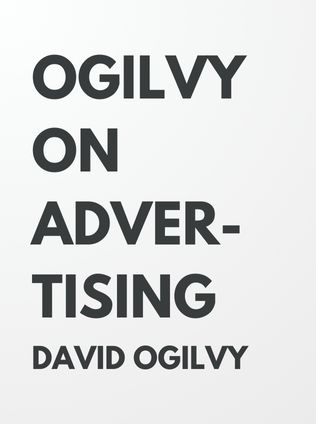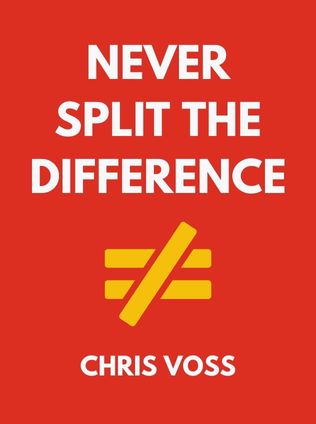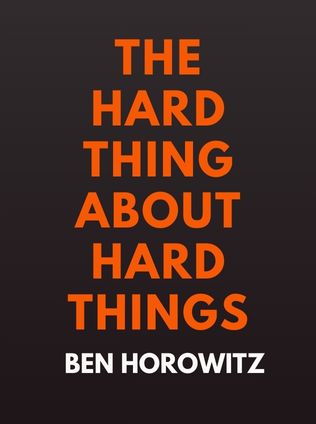
Ogilvy On Advertising
By David Ogilvy
Published 01/1983
About the Author: David Ogilvy
David Ogilvy, known as the "Father of Advertising," was born in West Horsley, England, in 1911. His journey into advertising was unconventional, with early roles ranging from a chef in Paris to a door-to-door salesman. These diverse experiences shaped his understanding of human behavior, which he later applied to revolutionize the advertising industry. In 1949, Ogilvy founded Ogilvy & Mather, a firm that quickly became one of the world's most influential advertising agencies. Ogilvy’s approach was grounded in rigorous research, creativity, and a deep respect for the consumer. His 1985 book, "Ogilvy on Advertising," remains a vital resource, offering timeless insights into effective advertising practices.
Main Idea
"Ogilvy on Advertising" is a comprehensive guide that distills decades of Ogilvy's experience into actionable advice. The book covers the art and science of advertising, emphasizing that effective advertising is not just about creativity but about understanding the product, the consumer, and the medium. Ogilvy champions the idea that advertising should be honest, research-driven, and focused on selling the product. He critiques the industry’s tendency to prioritize creativity over effectiveness and advocates for advertising that is clear, direct, and grounded in a deep understanding of the consumer.
Table of Contents
- Introduction to Advertising
- Marketing and Product Development
- The Craft of Advertising
- Print Advertising
- TV Advertising
- Radio Advertising
- Specific Types of Advertising
- Industry Overview
- Running an Advertising Agency
- Public Opinion on Advertising
Introduction to Advertising
David Ogilvy opens his book with a clear assertion: the primary goal of advertising is to sell products. He emphasizes that while creativity is important, it should never overshadow the core objective of driving sales. Ogilvy argues that effective advertising respects the intelligence of the consumer, providing them with truthful and compelling reasons to choose a product. His philosophy is summed up in his advice to "tell the truth, but make the truth fascinating." This principle underpins all of Ogilvy’s advice, as he advocates for advertising that is both honest and engaging.
Marketing and Product Development
Ogilvy stresses the importance of starting with a good product. He argues that no amount of advertising can save a bad product, and that the first step in any successful campaign is to ensure that the product meets consumer needs and expectations. Ogilvy outlines several strategies for effective product development:
- Use research: Research is essential for understanding what consumers want and for predicting which products will succeed. Ogilvy recommends using research to inform everything from product design to packaging.
- Improve product quality: If a competitor's product is preferred by consumers, companies should focus on improving their own product rather than simply increasing their advertising spend.
- Balance convention and novelty: Successful products often offer something new while remaining familiar enough to be easily understood by consumers.
- Choose an appropriate price: Pricing is a critical component of product marketing. Ogilvy notes that consumers often equate higher prices with better quality, so pricing strategy should be carefully considered.
Ogilvy's advice on product development reflects his belief that successful advertising begins with a strong product that meets consumer needs. His emphasis on research and quality highlights the importance of understanding the market and delivering real value to consumers.
The Craft of Advertising
In this chapter, Ogilvy delves into the process of creating effective advertisements. He emphasizes that successful advertising requires a deep understanding of the product and the consumer, as well as a clear strategy for communicating the product's benefits. Ogilvy offers several key principles for crafting effective ads:
Sign up for FREE and get access to 1,400+ books summaries.
You May Also Like
How To Win Friends and Influence People
The All-Time Classic Manual Of People Skills
By Dale CarnegieQuiet: The Power of Introverts
The Power of Introverts in a World That Can't Stop Talking
By Susan CainThe Lean Startup
How Today's Entrepreneurs Use Continuous Innovation to Create Radically Successful Businesses
By Eric RiesThe Ride of a Lifetime
Lessons Learned from 15 Years as CEO of the Walt Disney Company
By Robert IgerAtlas of the Heart
Mapping Meaningful Connection and the Language of Human Experience
By Brené BrownThe Hard Thing About Hard Things
Building a Business When There Are No Easy Answers
By Ben Horowitz



















